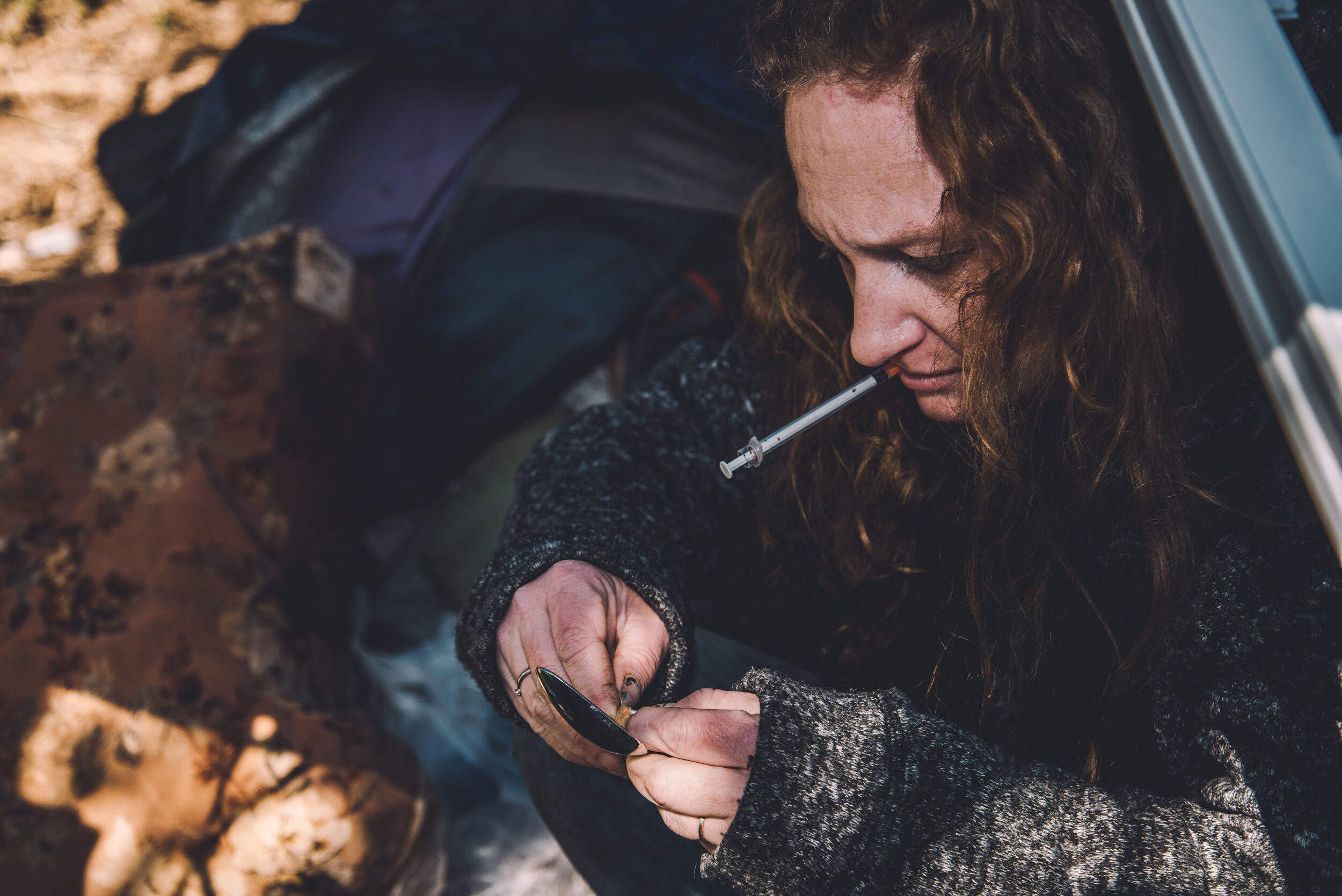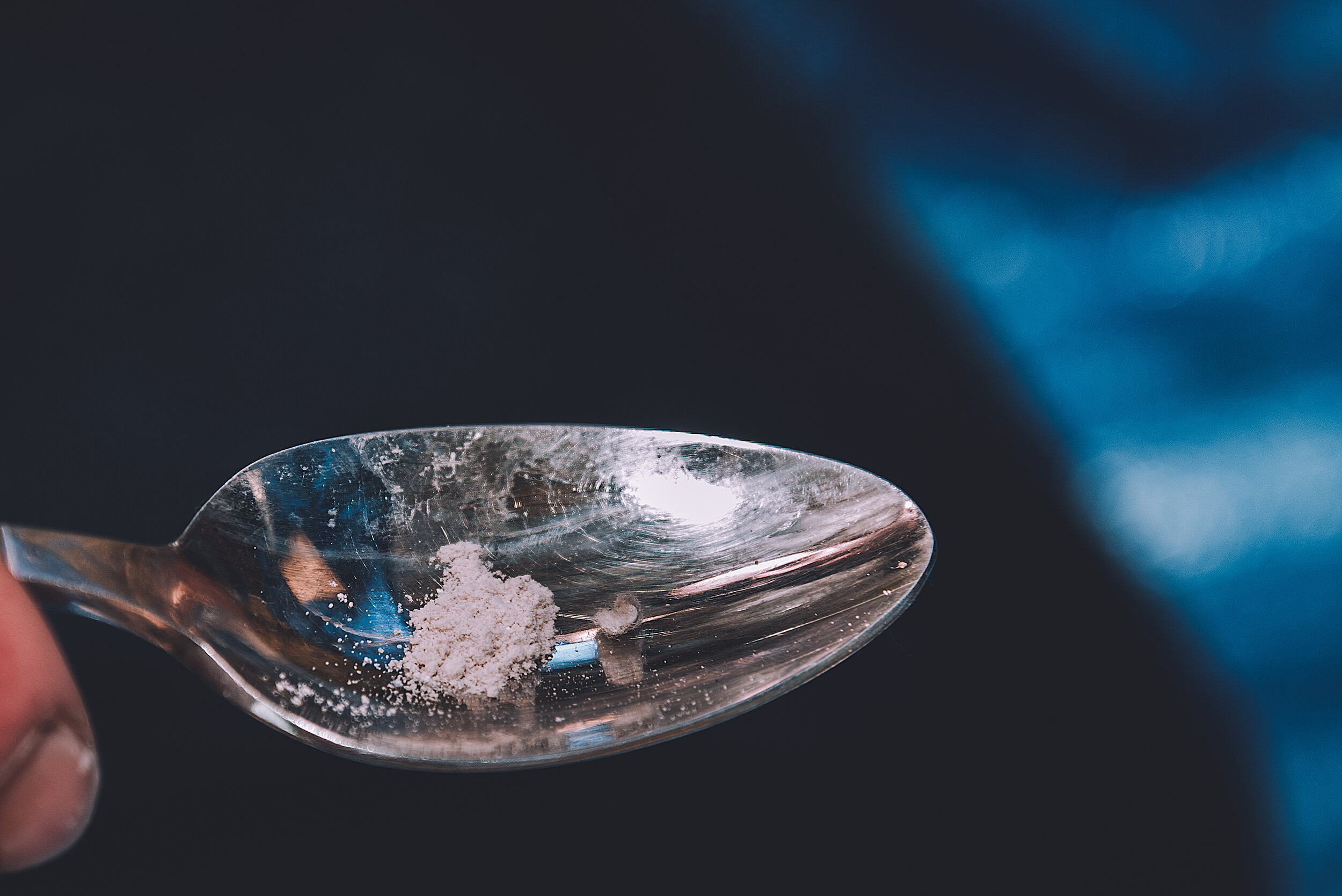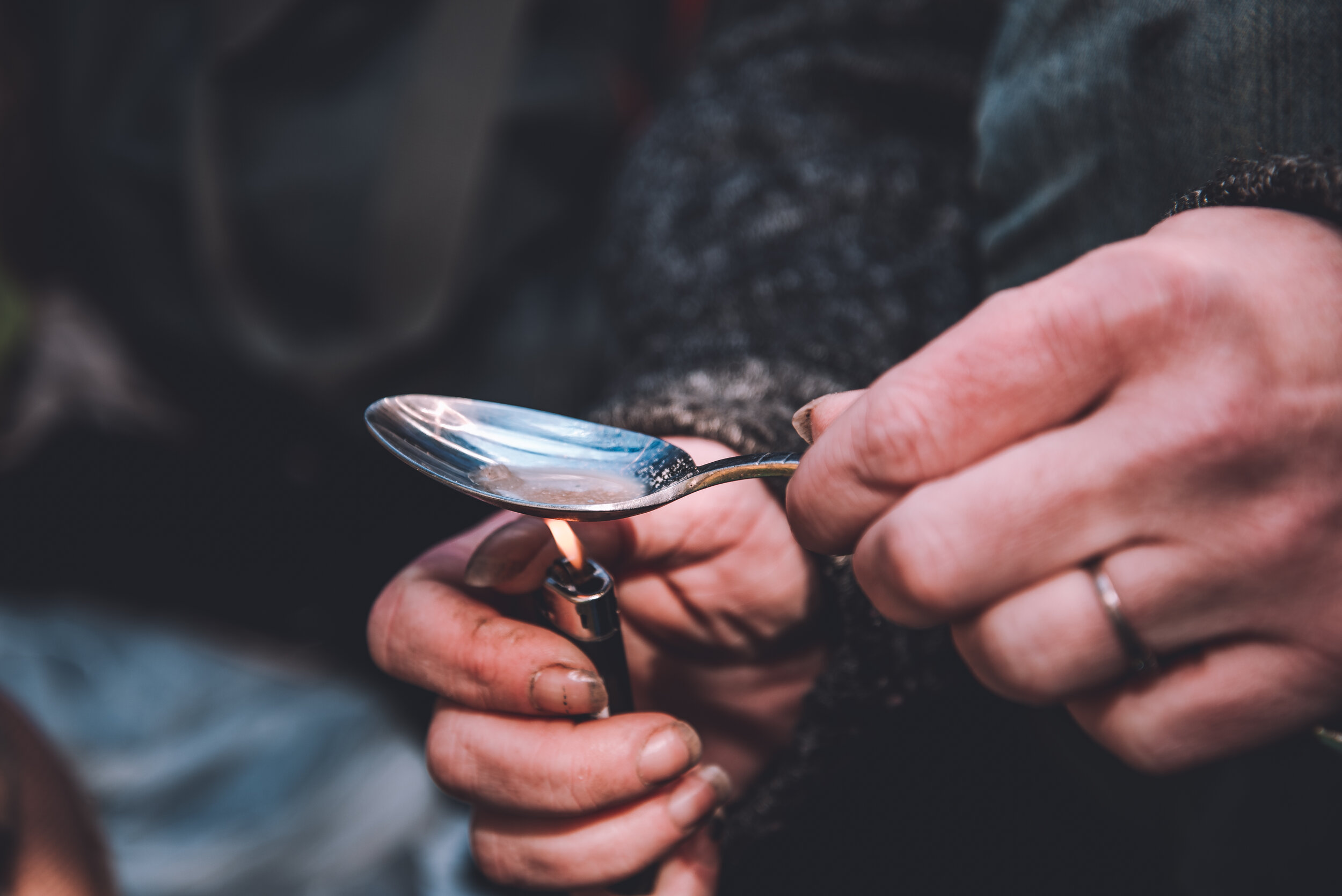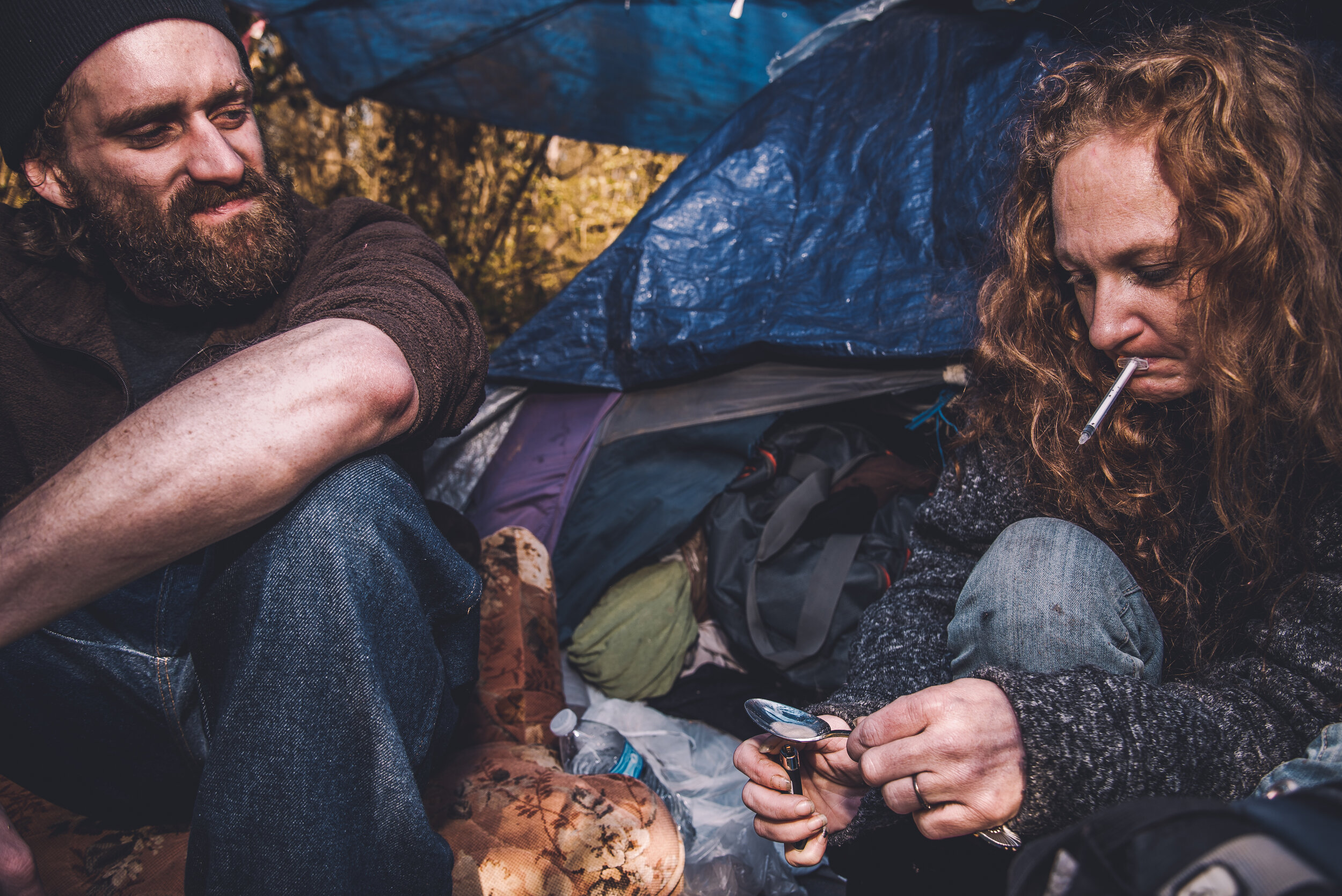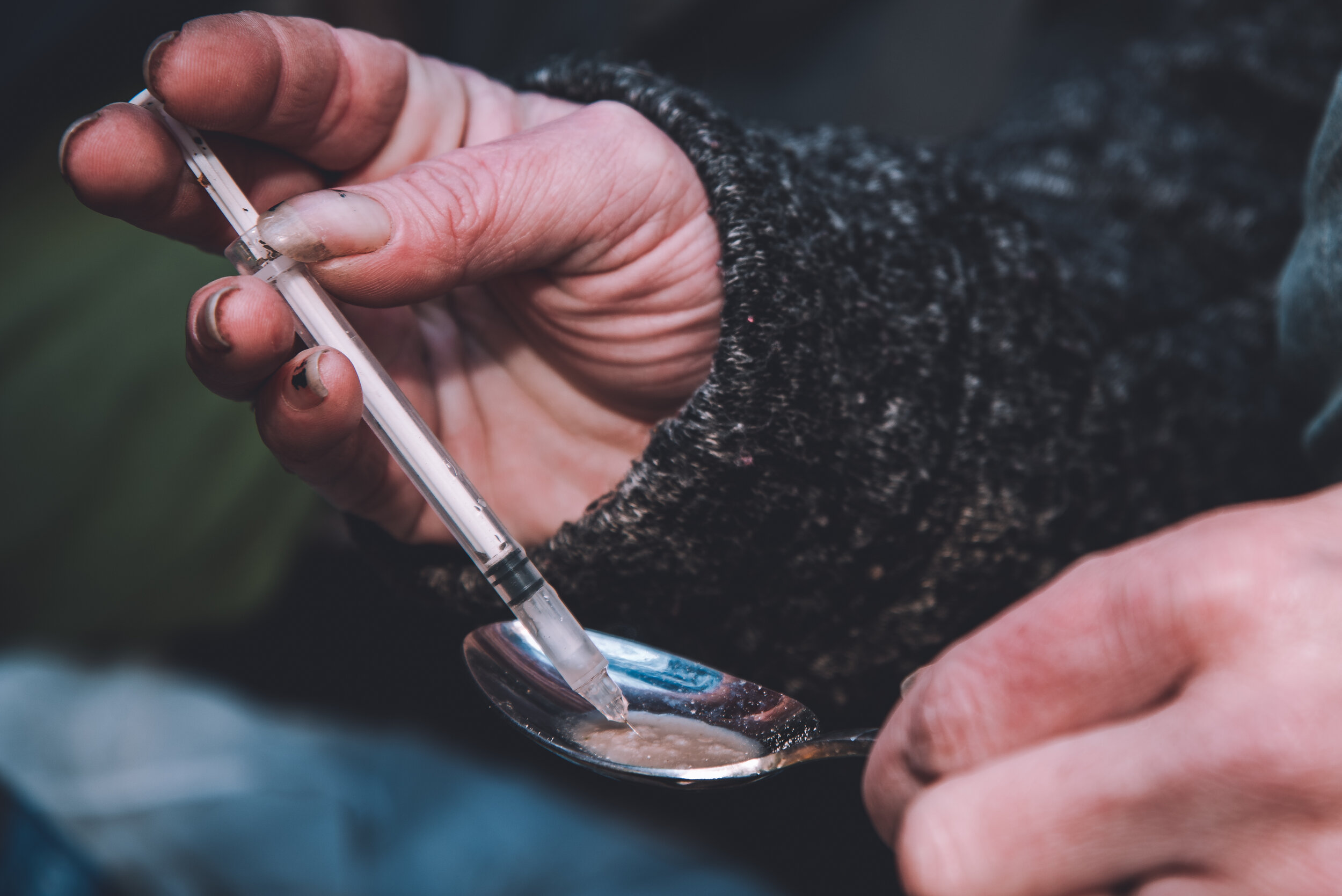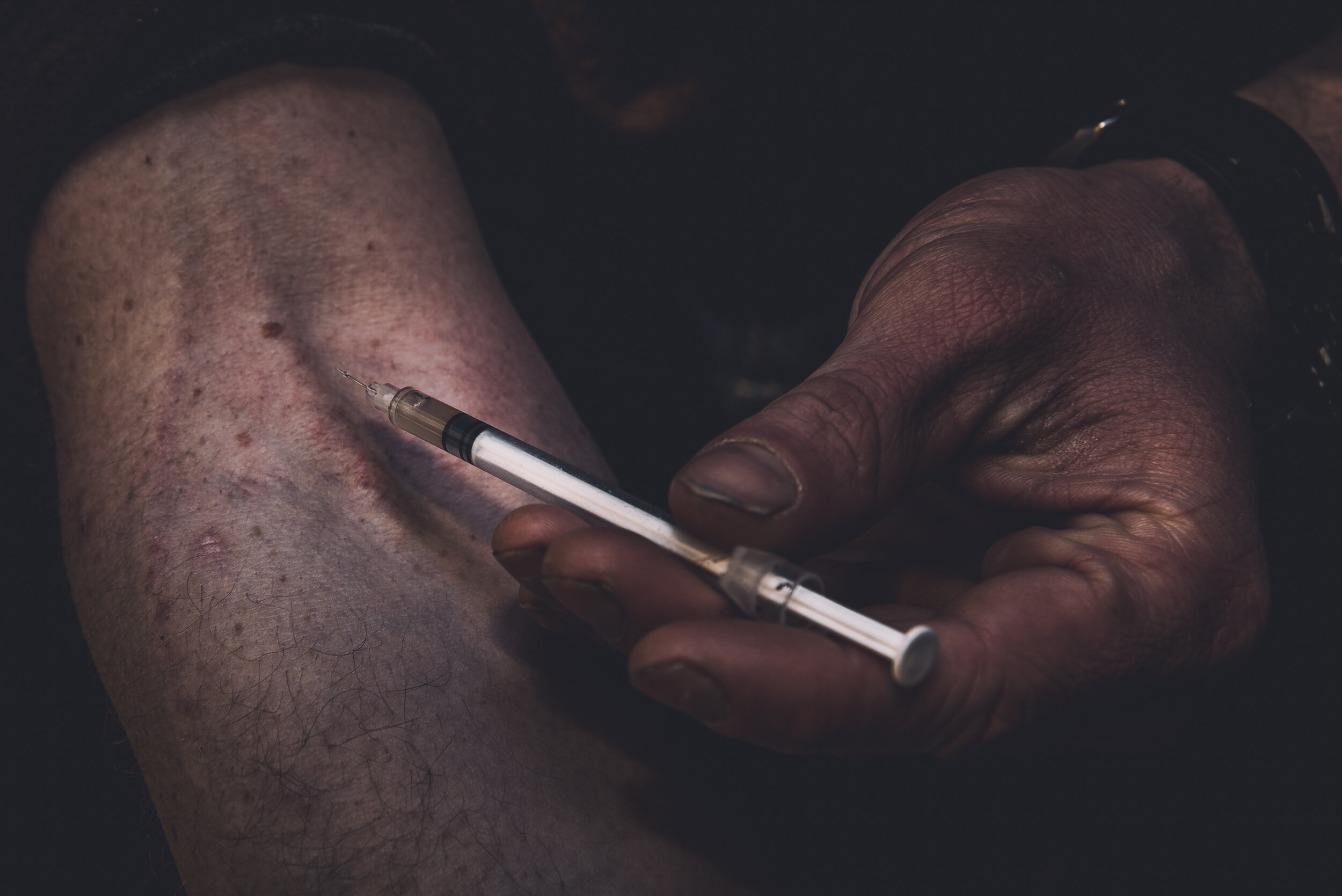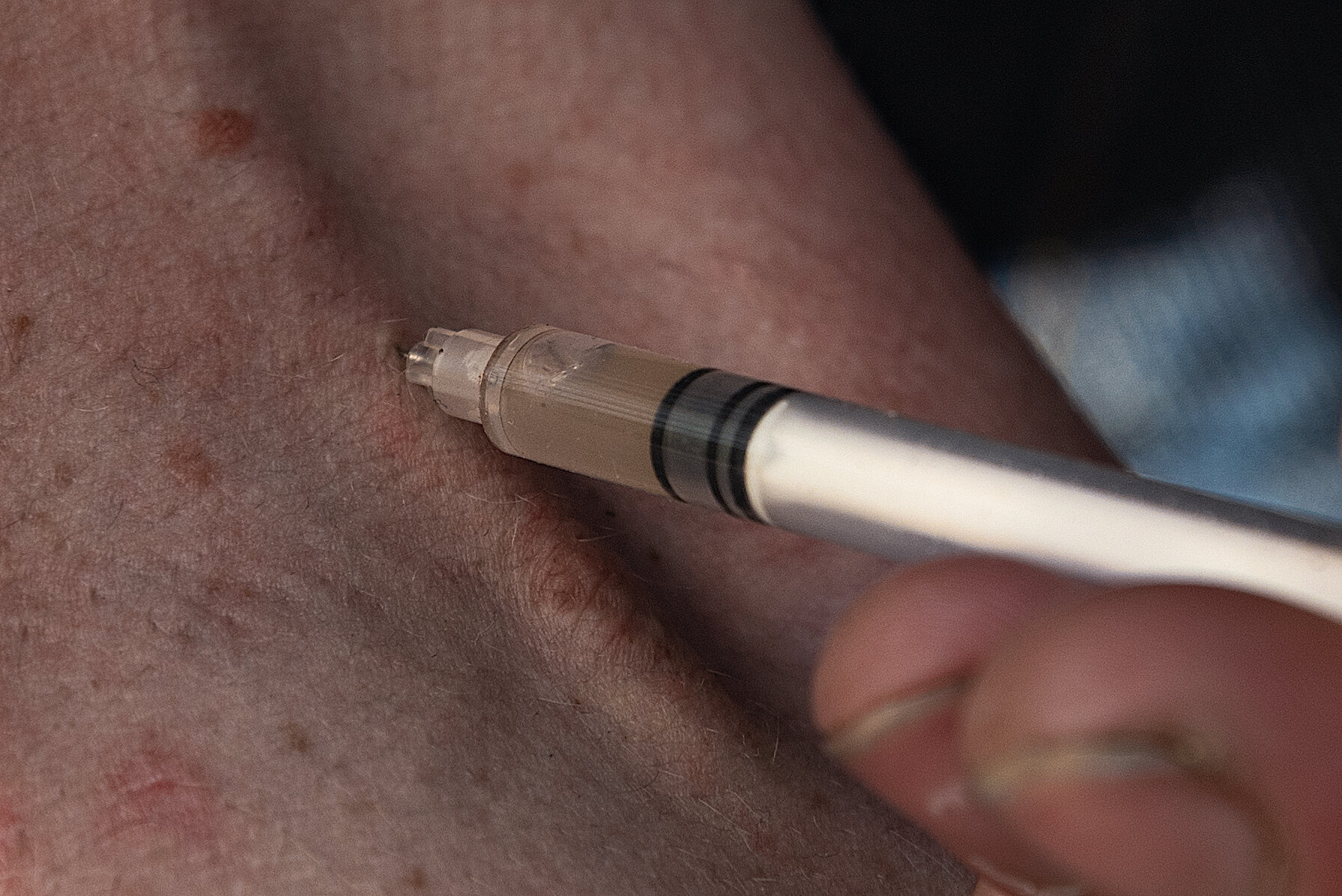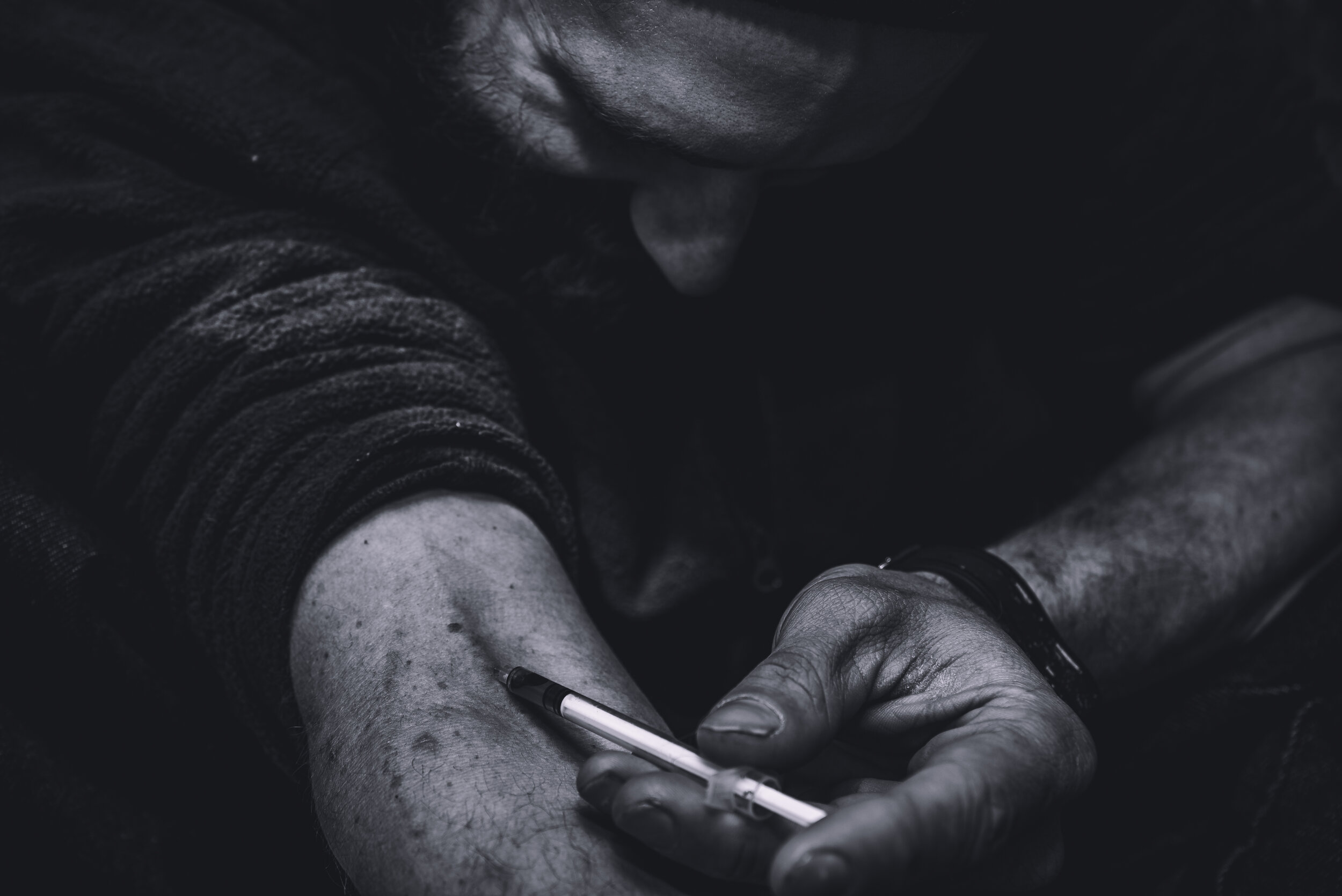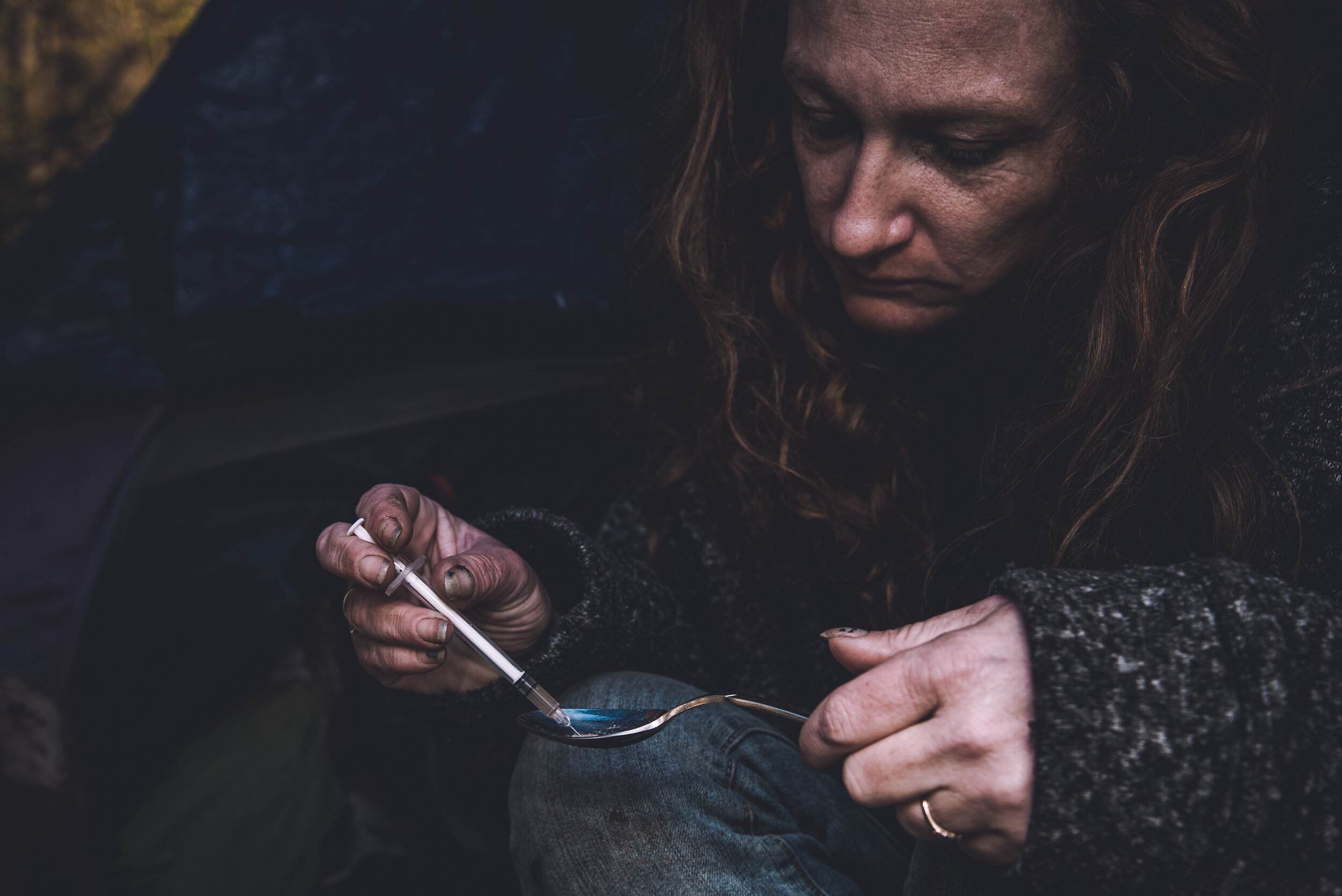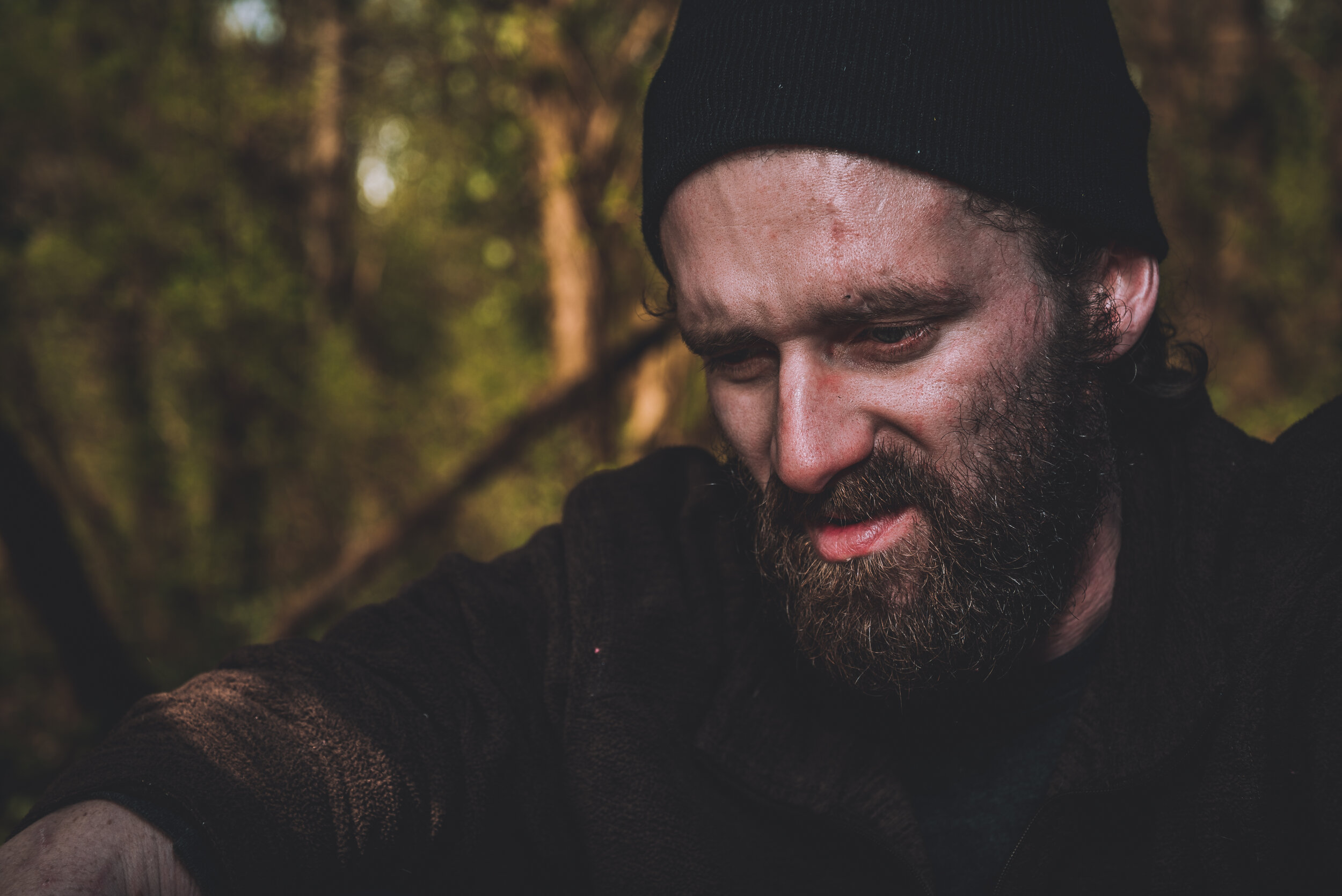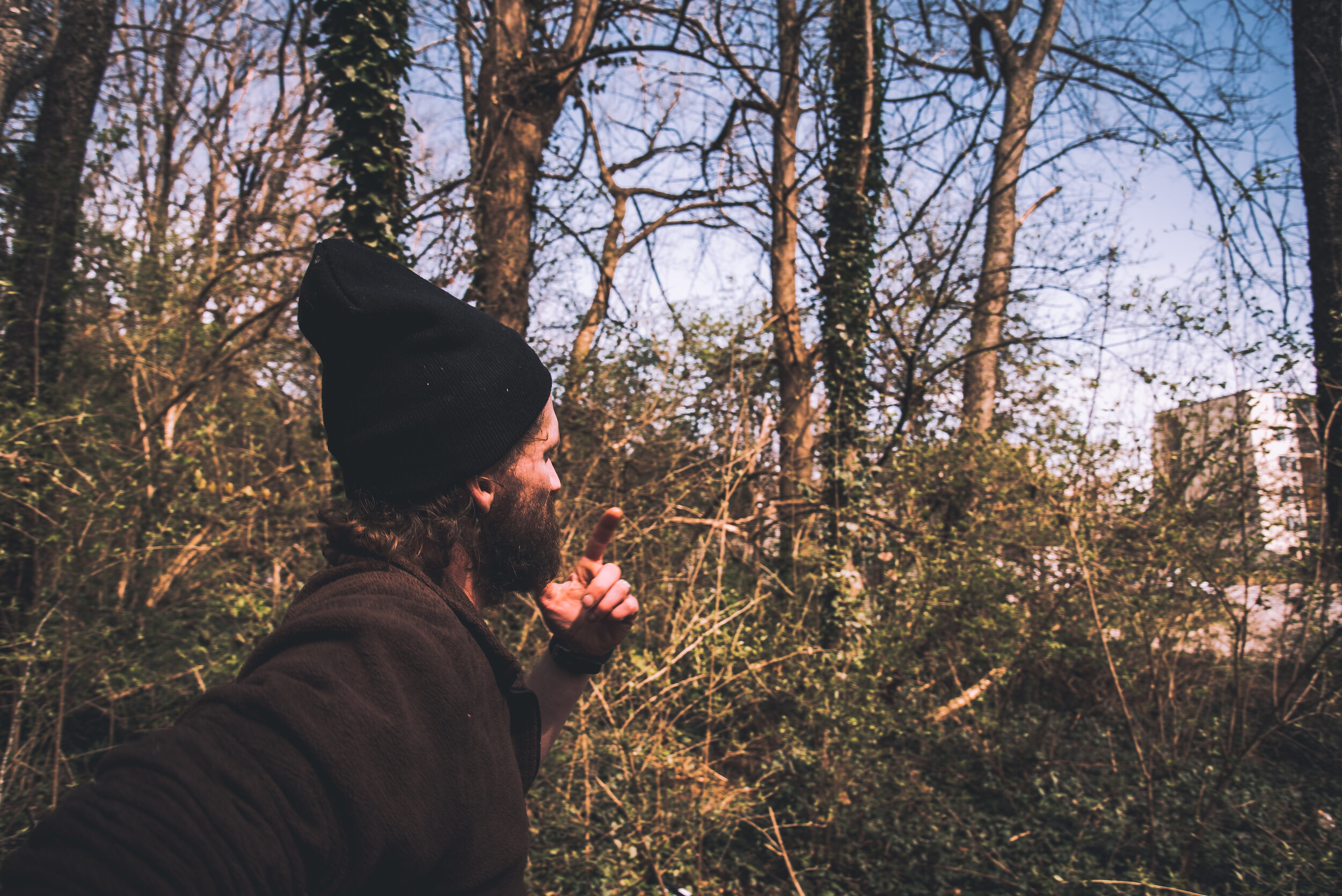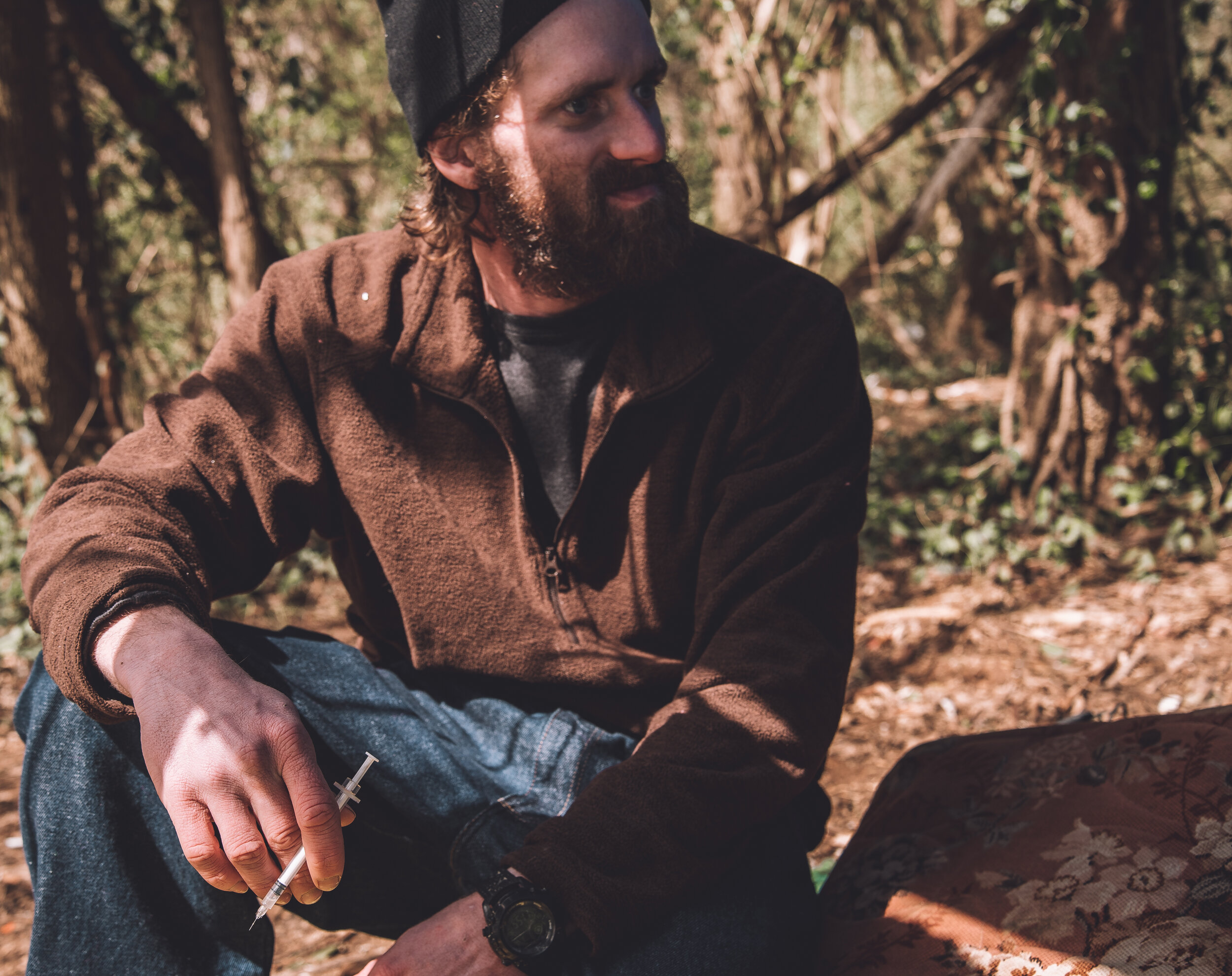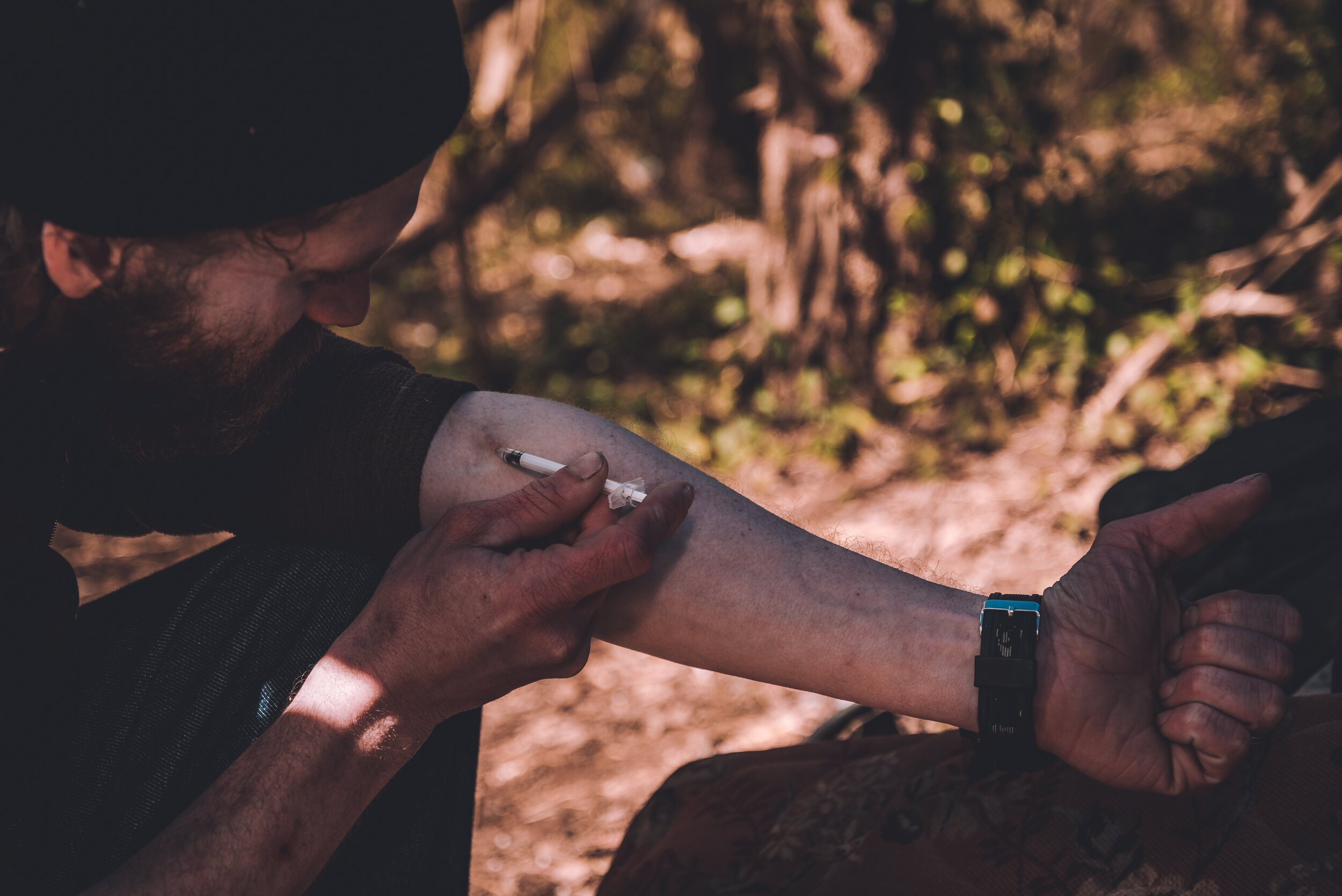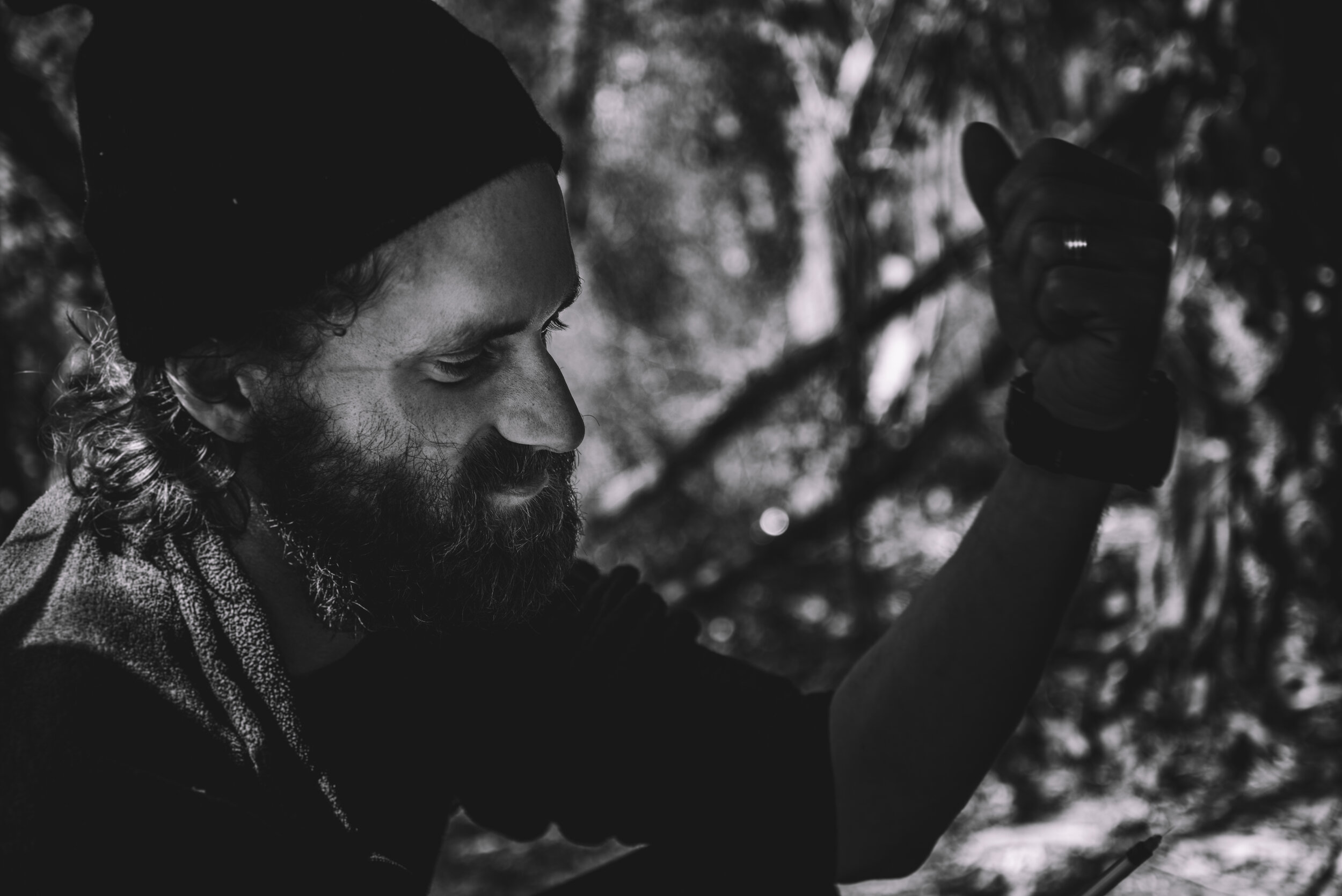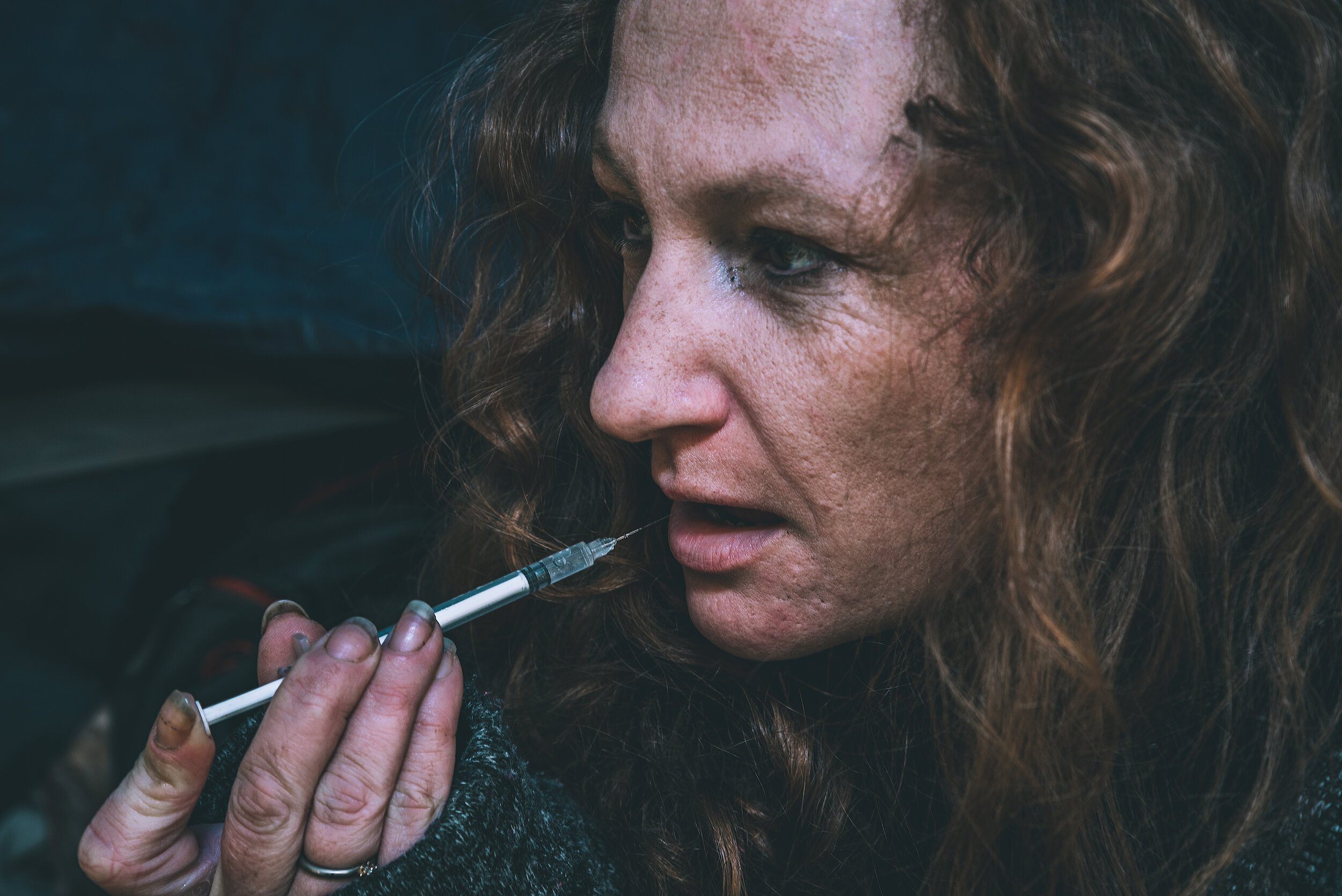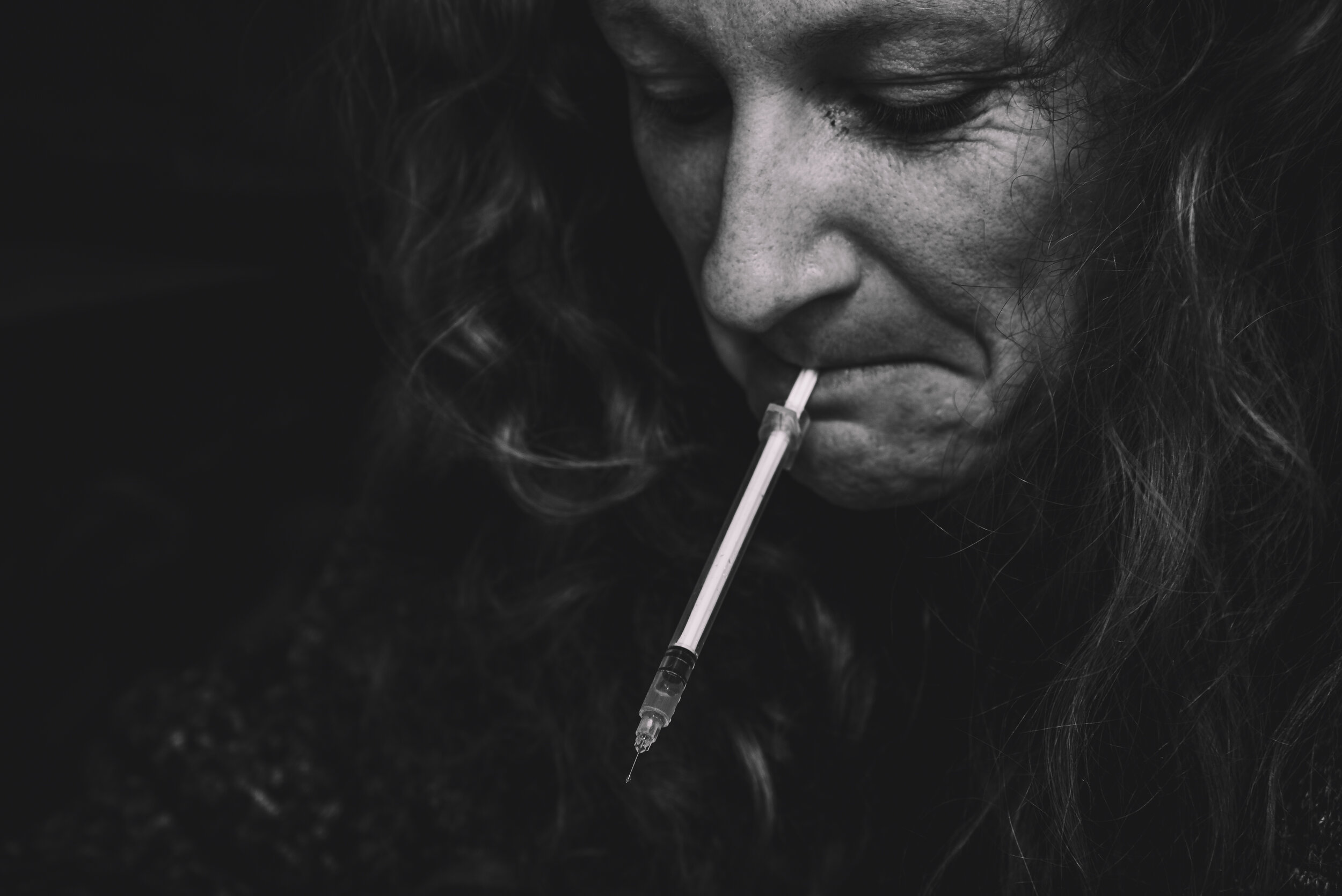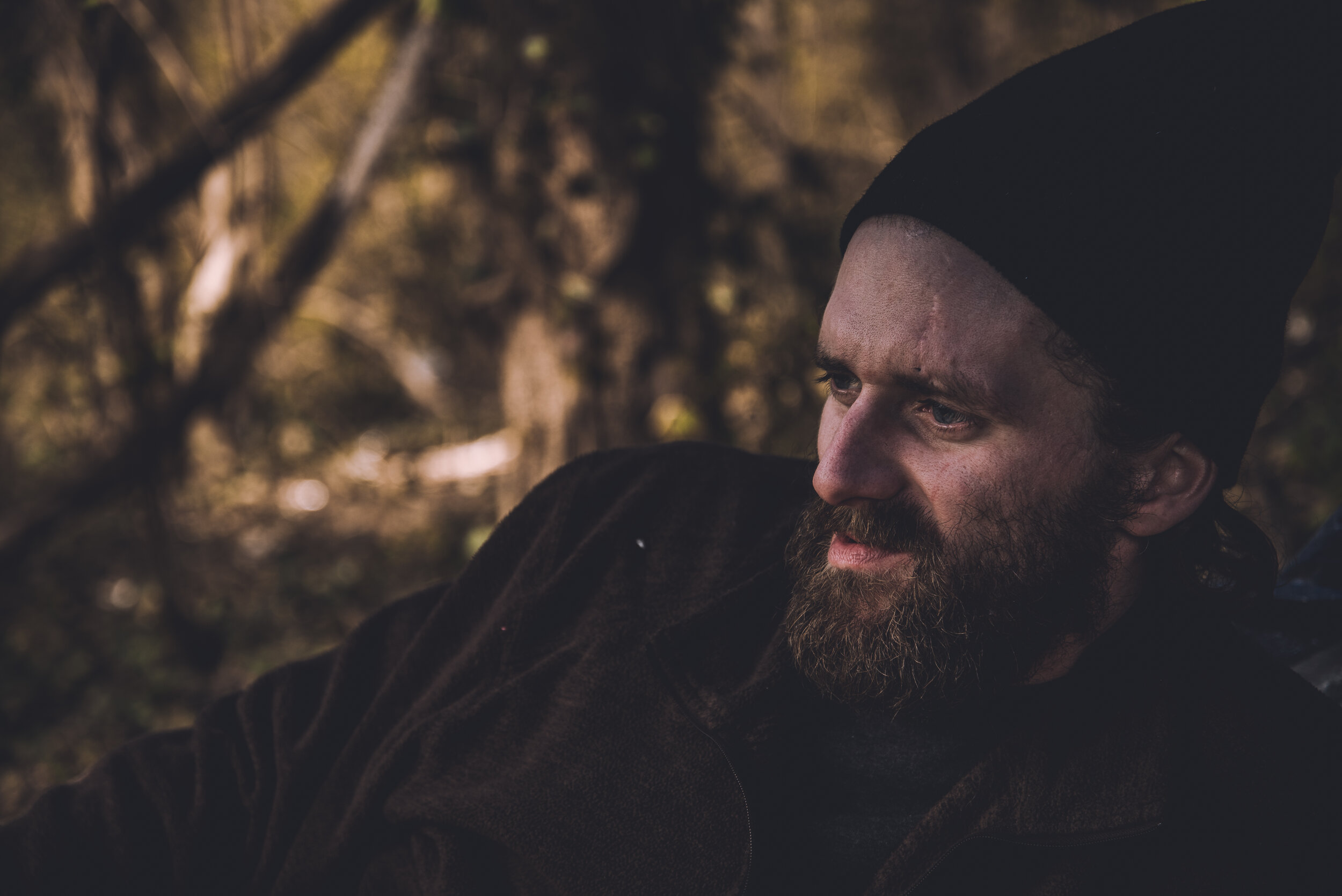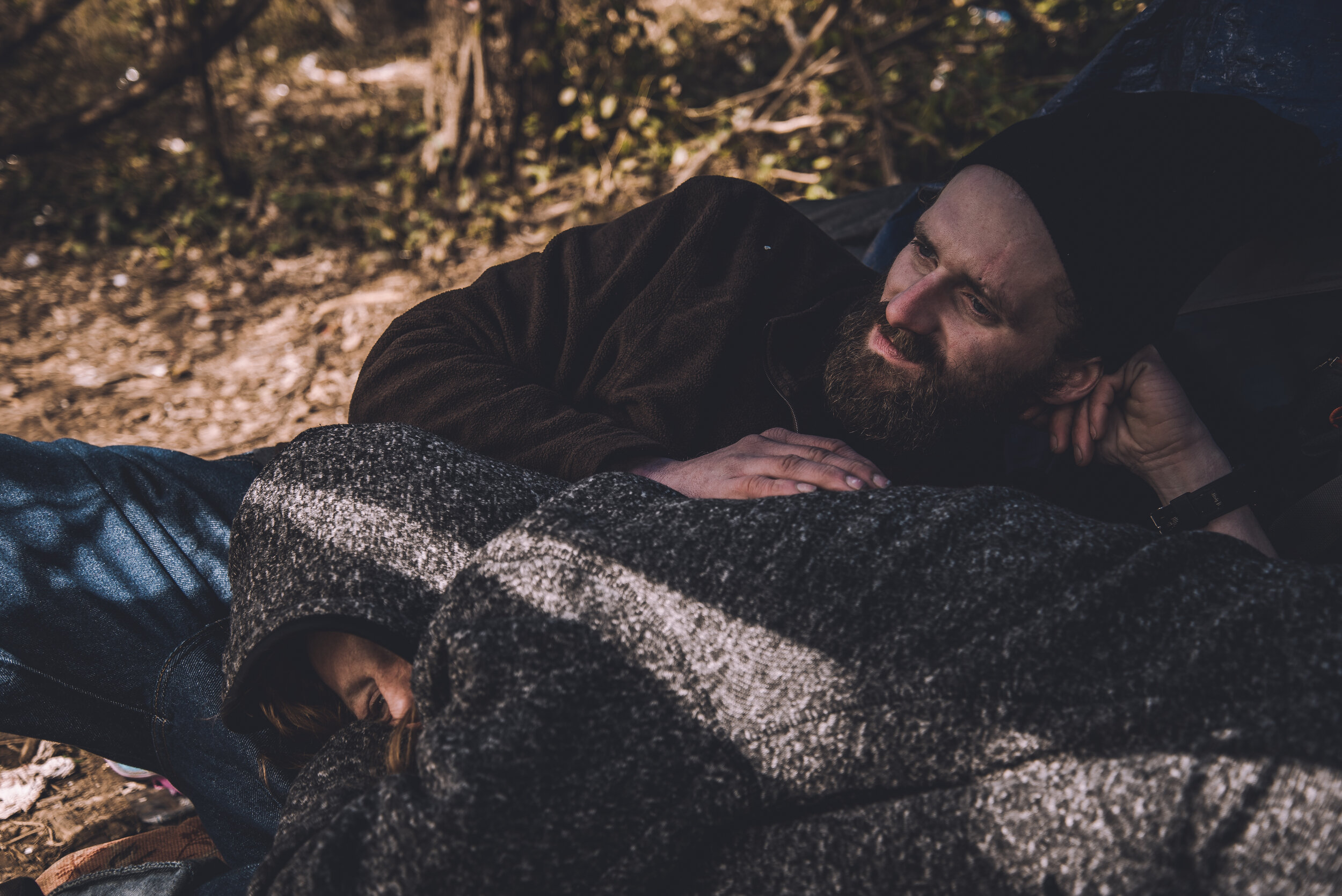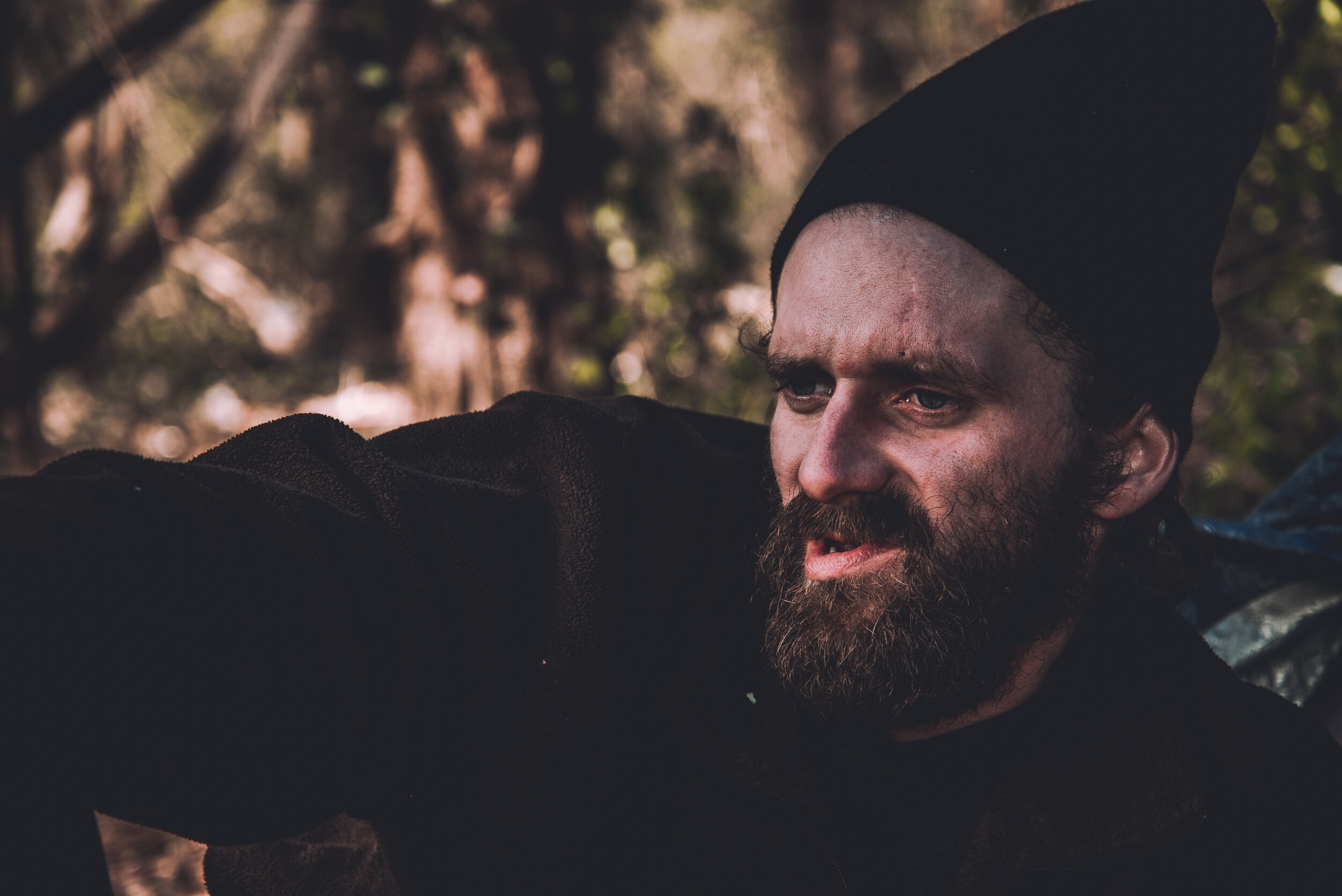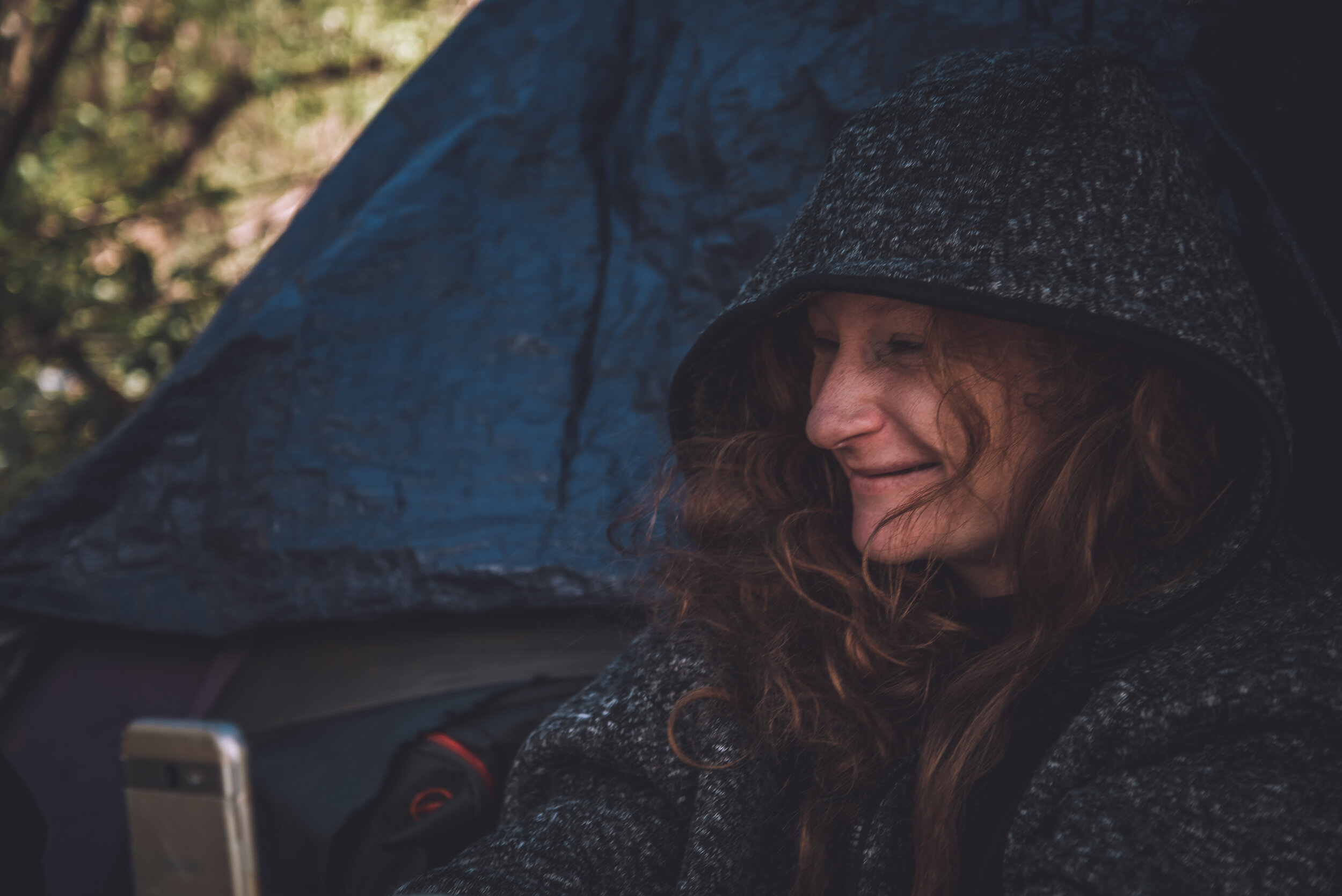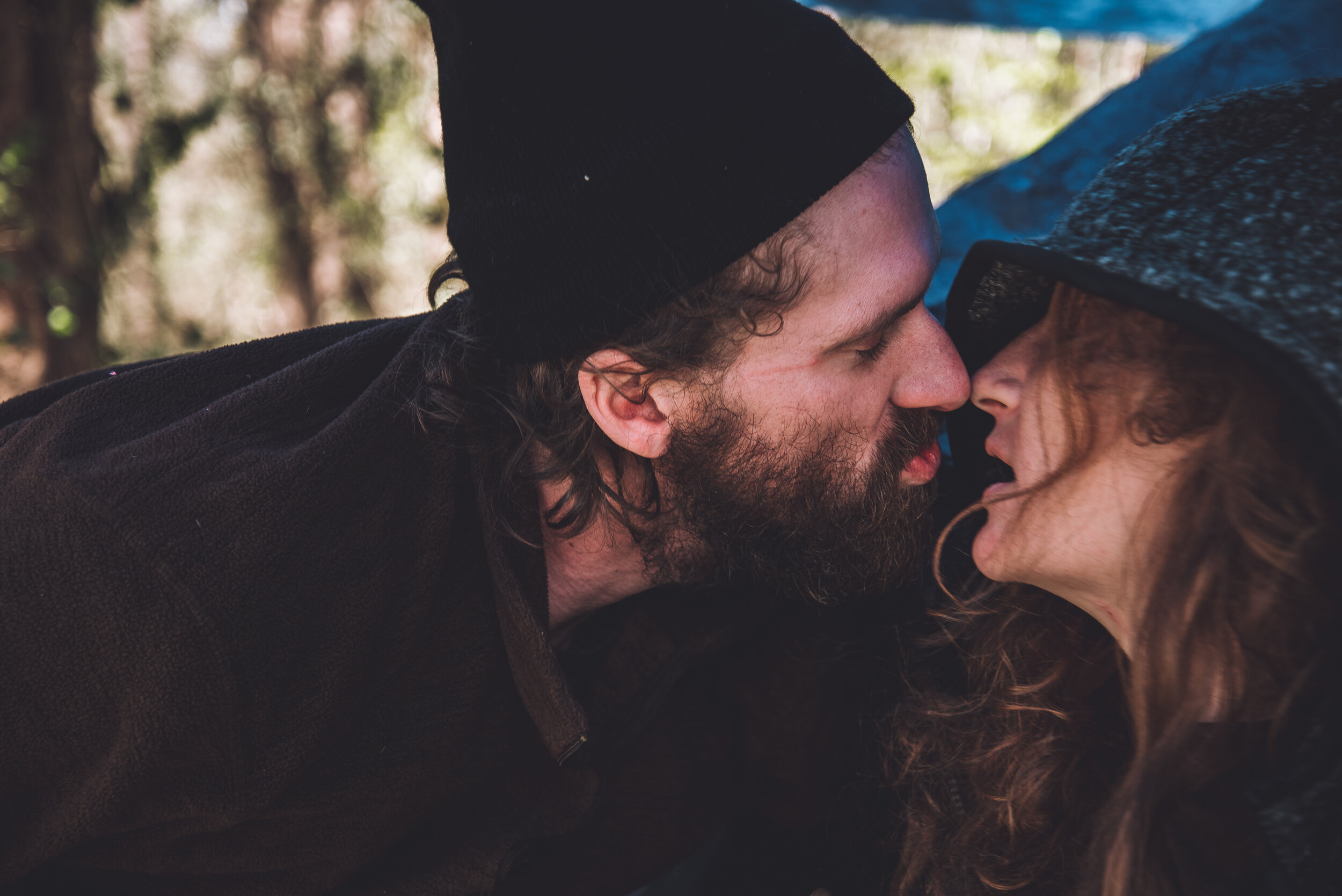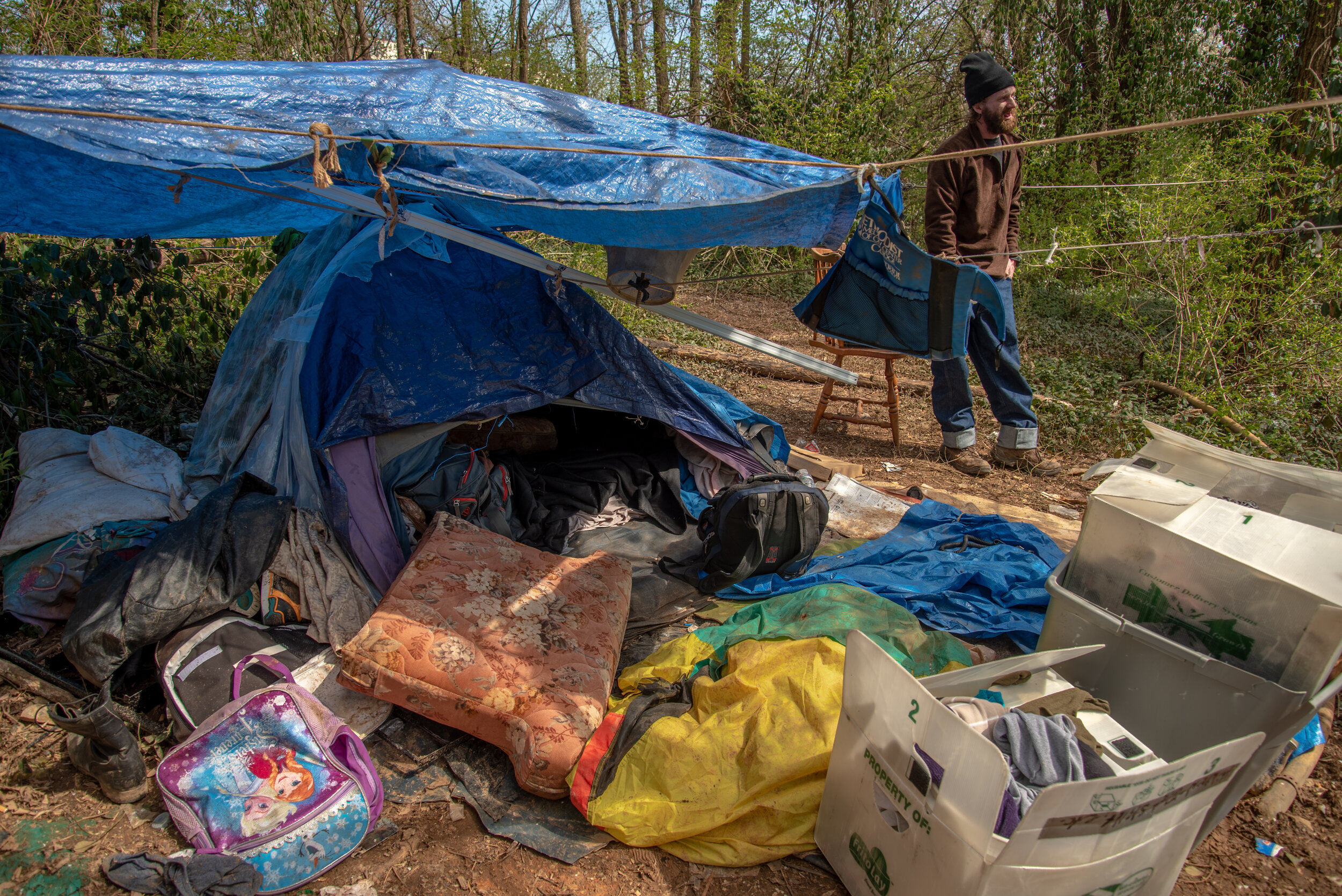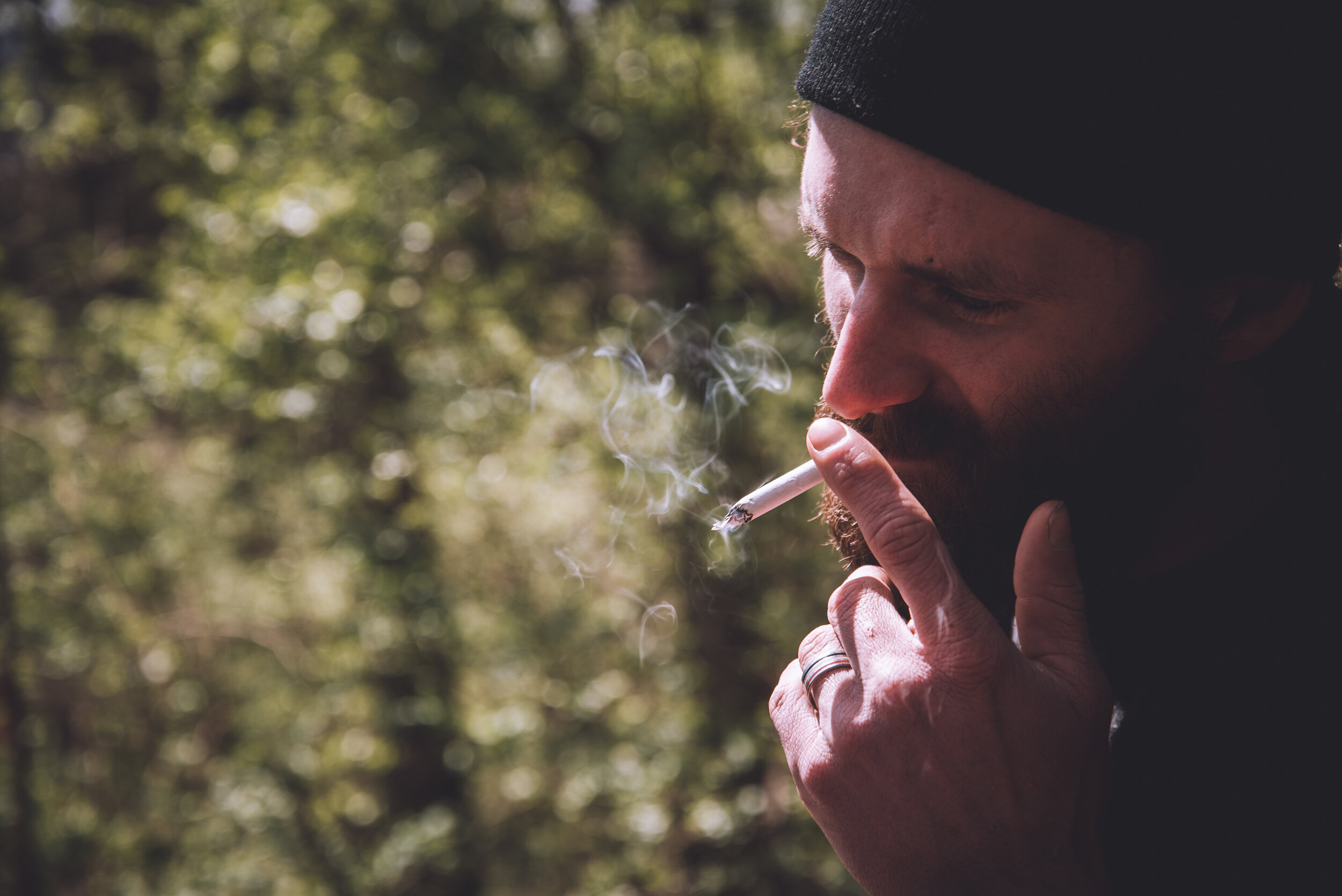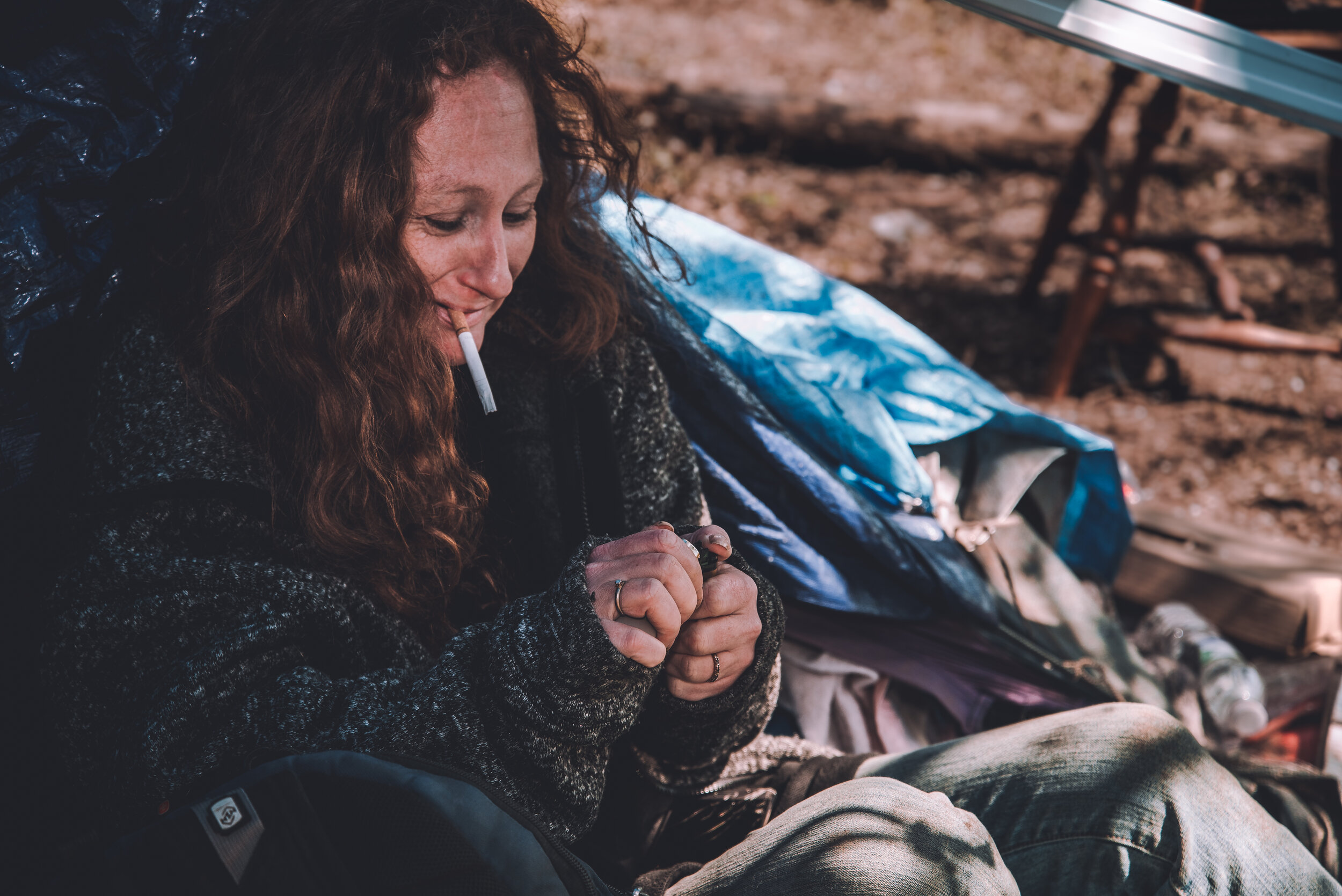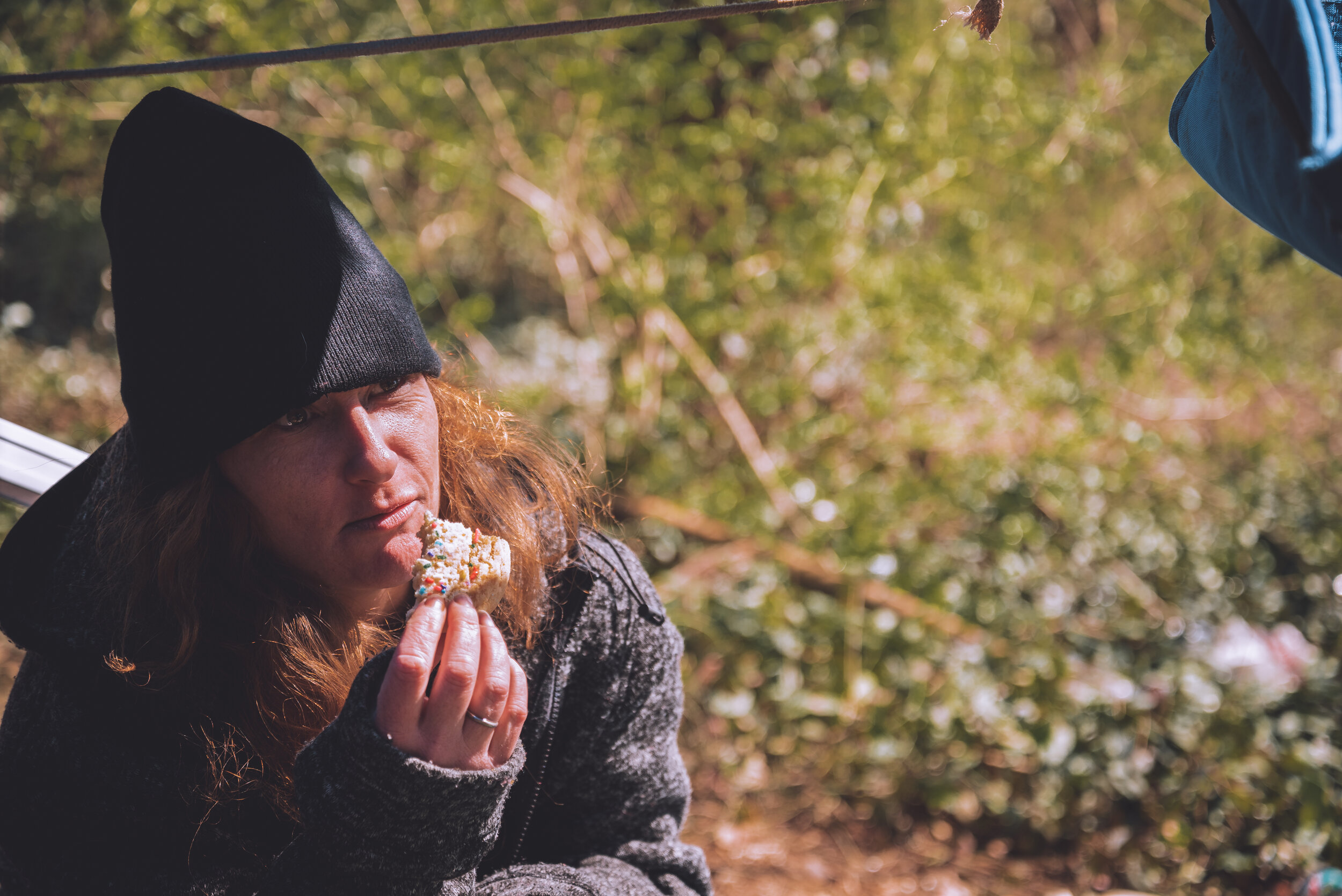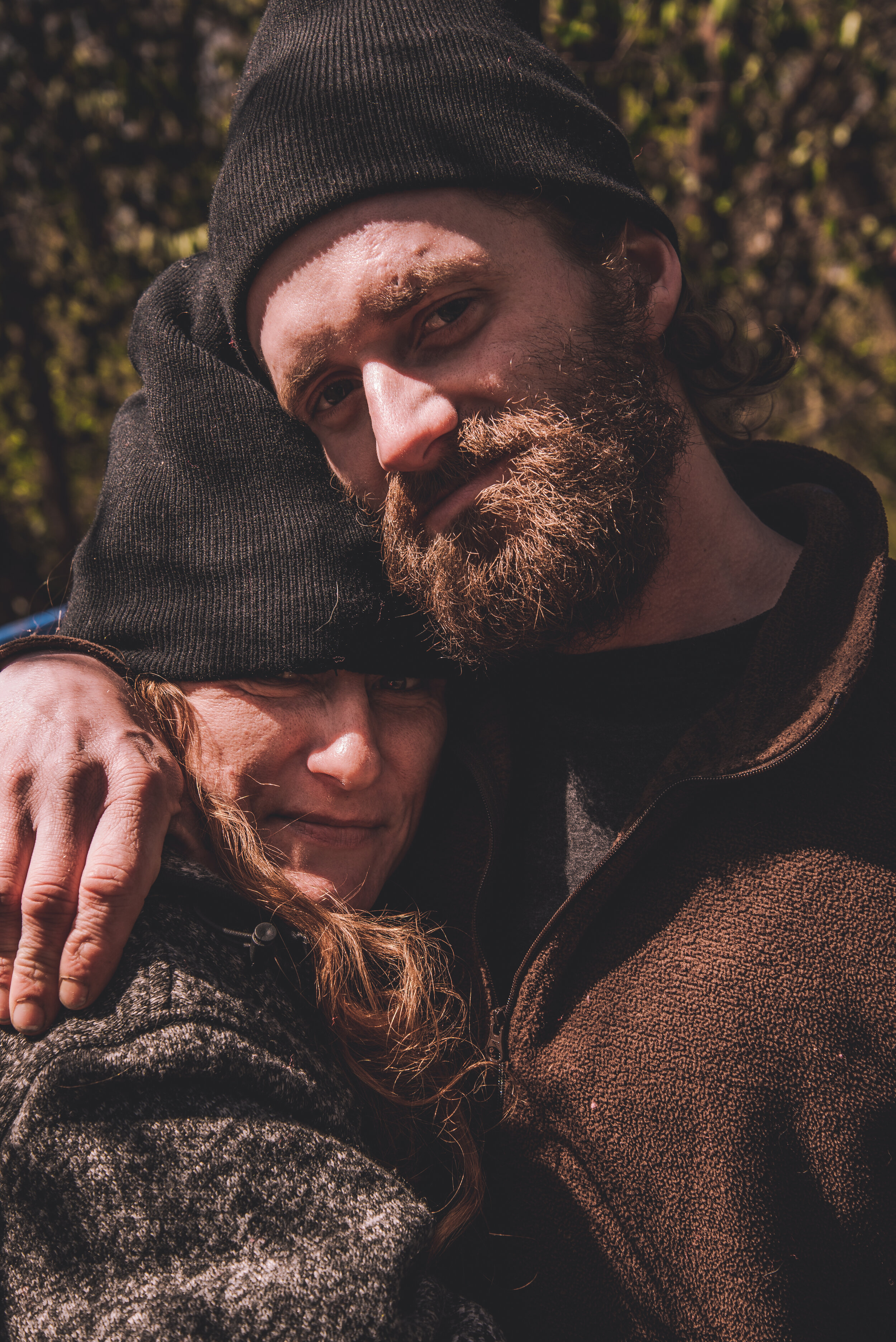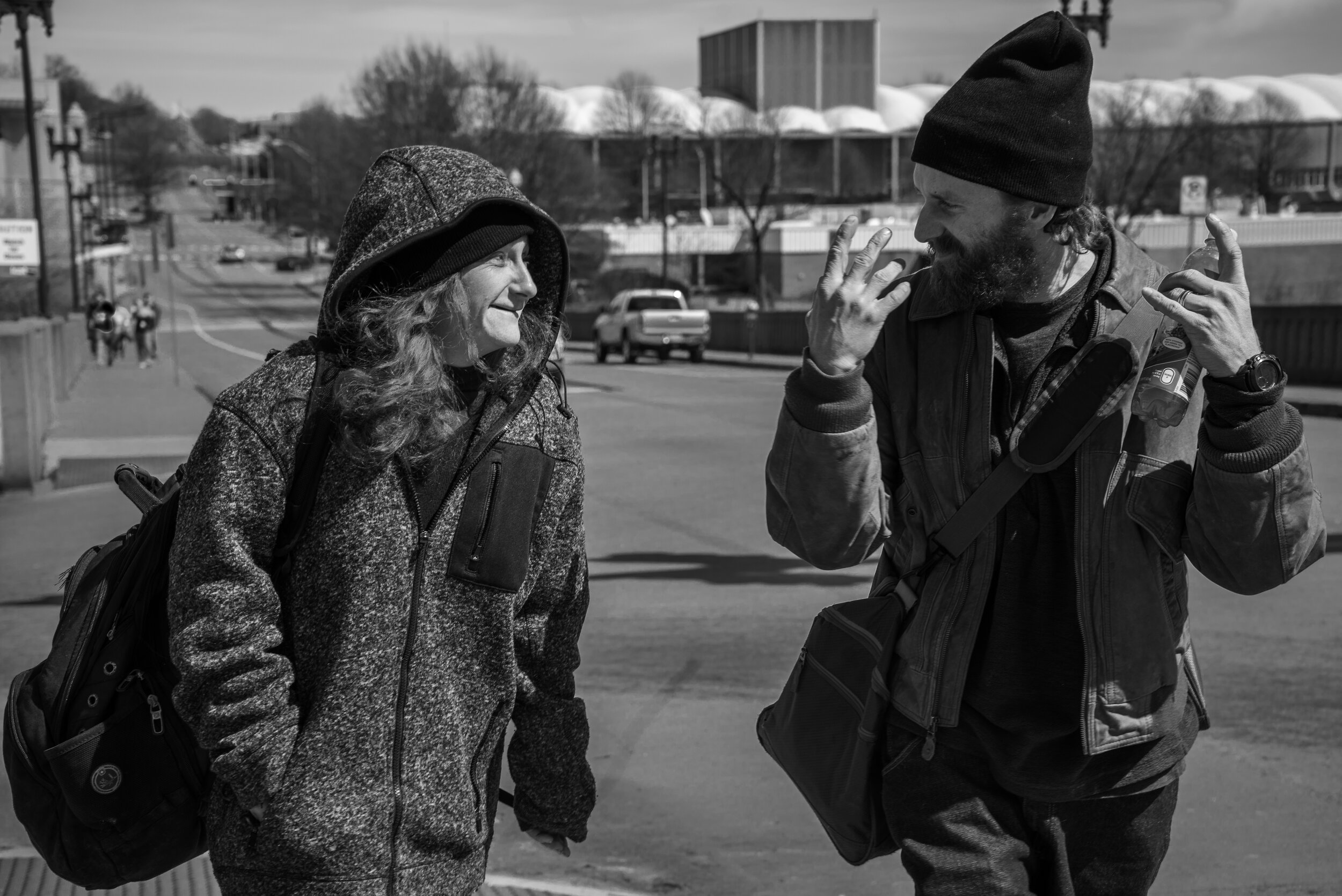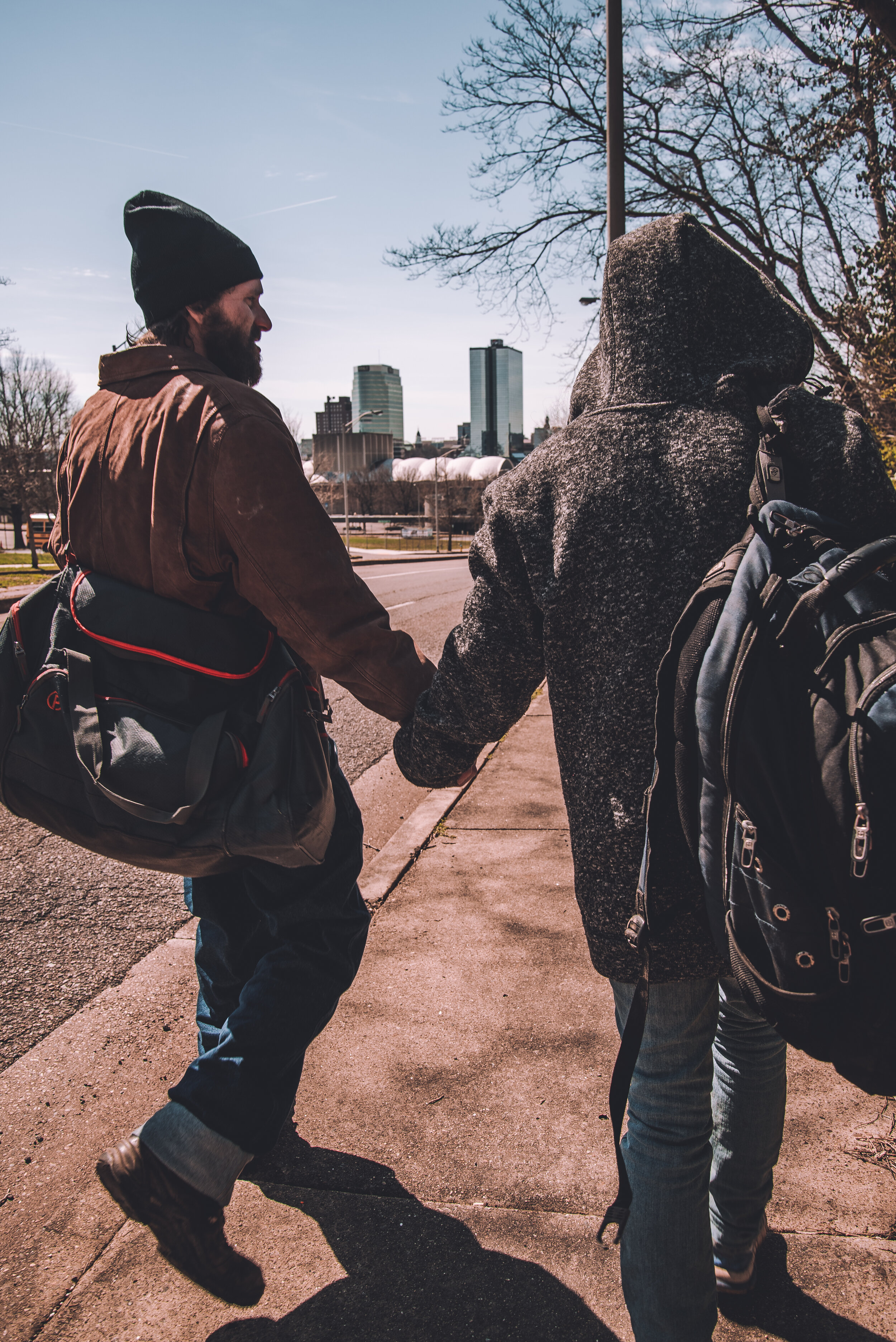It was warm when I saw him. Night and the street lights let off their glow that saturated the city in orange. We noticed each other and began talking. He told me he was homeless, which didn’t surprise me, but hurt, knowing someone I was once so close with now lives in a tent off the highway somewhere. I asked him how he’d been doing, having not seen him in close to a decade, and he said good. That he was a heroin addict, but trying to get through it. I had known addicts in the past. They were fine people, stole on occasion, but they were all friends, and were funny now and again. But Joe was different. He was one of my closest friends in high school. Helped me through homelessness in our teen years. I’d stay at his small house, now demolished and a hill of dirt, and play music and watch Led Zeppelin at the Royal Albert Hall on repeat; Or sometimes Fight Club on VHS. It would click at the end and rewind itself and play again and we’d wake in the middle of the night, cold from the draft coming through the broken window, and watch a bit of it and fall back asleep. That was when the hardest thing he did was smoke some weed. Now it’s much harder stuff. I’d been around this stuff before, but no one I felt a connection with.
We talked more and I asked him for a photograph and he said, “I need some money.” So I went to the ATM and pulled out some cash and he let me snap a shot. We parted ways with plans to meet up and do more photos.
About a week later we met on a cold morning and he seemed excited. Giddy almost, and he led me through the city, talking about how he used to live in the old Kern’s Bakery and how it had gotten him arrested. He got clean inside, but inevitably went back. And that’s something I feel is important to touch on. Why go back? I’m sure you’re asking. But let's put ourselves in not only a homeless man’s shoes, but an addict’s as well.
I won’t bore an already jaded society with statistics, but I will lay a couple links down in hopes they might be looked at for a better understanding.
Addiction(Substance Use Disorder) from the APA
A nice TedTalk on thinking about addiction with new research
I asked Joe why he went back to heroin. He responded in a way I had thought of prior, but it was almost refreshing to hear it validated. “Why wouldn’t I? My girlfriend does it, I don’t know anyone else, I’m homeless. I live in a fuckin’ tent. What else am I supposed to do.”
He’s right. He already has a mental disorder doomed to crave substances, and he’s also homeless. What is his incentive to get clean? He’d still be homeless, but sober, having to deal with the realization every day. These are larger issues, both with the way we treat people in this country and the criminalization of addicts. Treating instead of criminalizing addicts is always shown to work. The war on drugs and the stigma against addicts has led us to overfilled prisons and next to free labor, and left families and neighborhoods crumbled, destroyed for a problem that should be helped, not punished.
We walked on, warming now under the midday sun and he checked his jacket pocket for syringes, pulling the box out and opening it. “You guys have clean needles?” I asked.
“Yeah. My old lady doesn’t care, but I make sure she stays safe.”
I could see the police station as we took a left, down an old and beaten drive, ducking left under some branches and into an encampment. I met his girlfriend and she promptly took a small baggy from her pocket and began arranging its contents on a spoon, bent somewhat, as shown in the photos, and heated it. The substance twirled and bubbled into a murky tan and she sucked some up into one of the new syringes and Joe, this friend I’d known to play guitar as well as Montgomery or Reindhart, who had always been there to the best to his abilities, someone who protected me, tied off and stuck himself and took it all in, drifting off and into some place beyond my understanding and he was lost there, floating, euphoria, inches from death and back again, now giving me a tour of the encampment, happy he could show me around. “She has trouble finding a vein. She doesn’t like people around when she does it,” he said.
I asked him what made him go to heroin. Turns out he had broken his back in a car wreck and had been prescribed opioids wherein he discovered their overwhelming power. He went from that, while sitting in a small apartment with an ex-girlfriend, to being offered heroin. He declined for a few days, but as the pill supply began to wither and his desperation for a release himself grew, he caved. And Joe became a heroin addict. It was hard not to think of how he might have made it to something great while I rested on the balls of my feet at the opening of his tent. Admiring in some way his freedom, but a sadness always there, looking at him, at the woman he was with, their few, dirty possessions there in the mud.
The world is a grey mess. A disgusting, unforgiving spec in the cosmos, come about by the turning of the universe, an accident all. And here we are, floating like Joe.
They did another and rested for a few minutes, holding each other, the sun peaking through a tear in the tarp and they smoked old cigarettes and ate cookies and we walked on, them holding hands, comfortable, strolling toward the city.
I’ve sat on this encounter for close to a year, wondering if it was worth sharing, if my view is valid. I don’t know, still. But I do know Joe is a good person. And has recently started looking for work and programs that might help him. So here’s to Joe, my friend and my hopefulness he can find something else to help him escape.
Update: I interviewed Joe a few times after this encounter. In the last interview, I asked him the cliche question asked to all of us in high school, where he saw himself in five years. He said, “…probably in my own house. Probably have my shit together. Bragging about how I got clean and out of homelessness.” He paused, and said, “…Or, in five years, I’m not gonna be around, but you’ll be able to read my tombstone.” I asked him if that worried him. He confirmed. I then asked if he was afraid of death. He said, “No,” while looking out the window, “…I’m afraid of how that would affect my kid.”
Joe passed from a fentanyl overdose not much longer after that interview.

